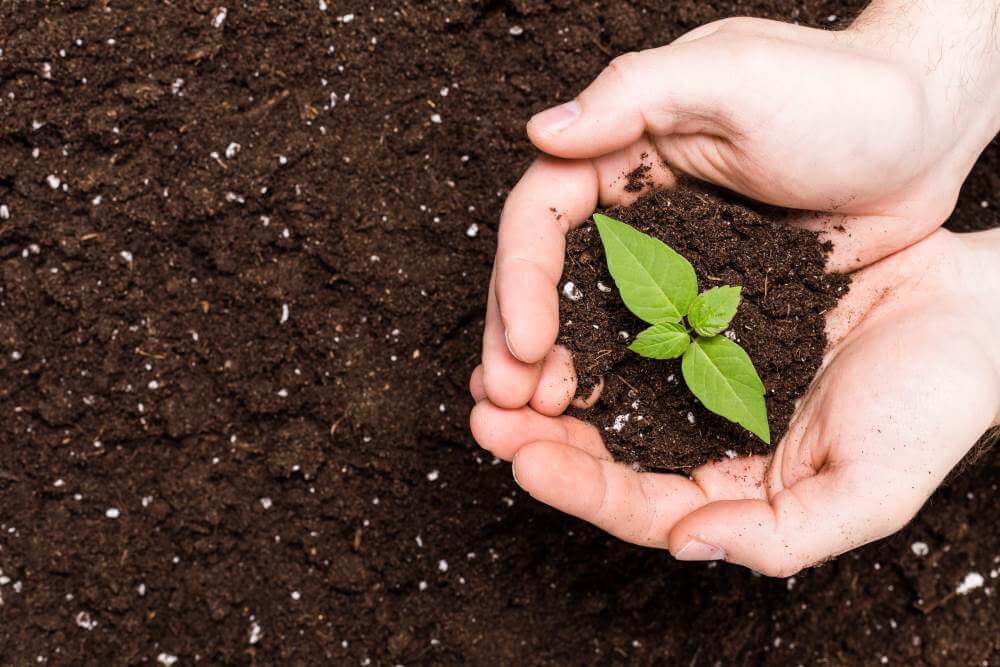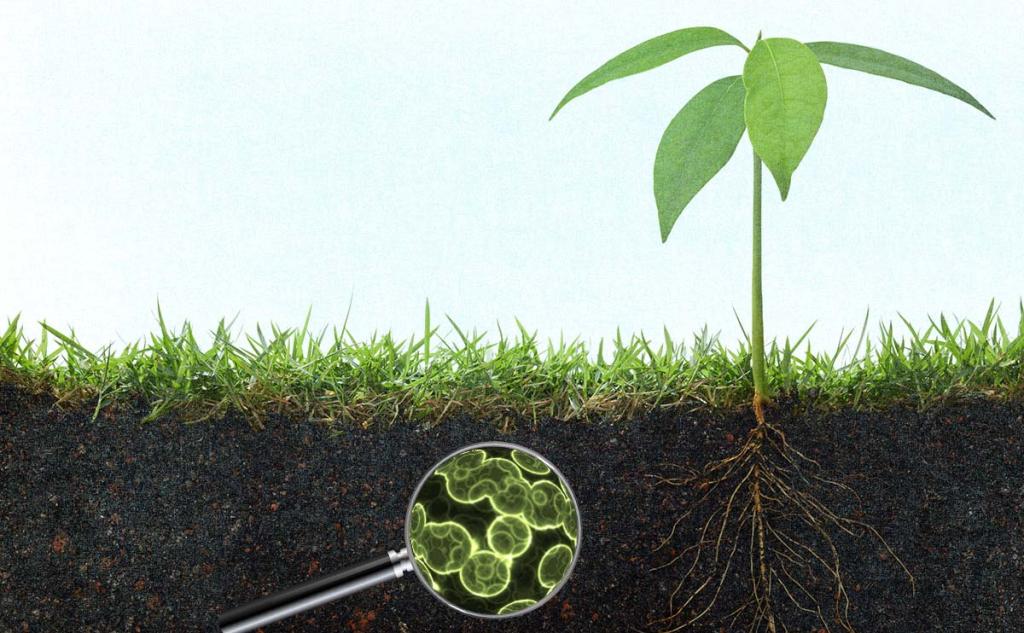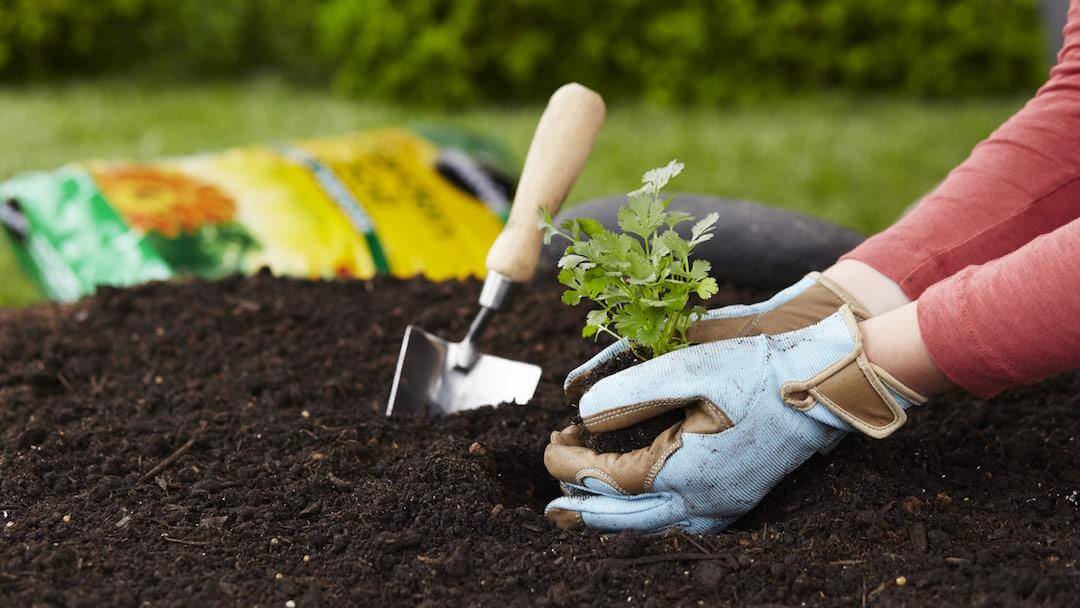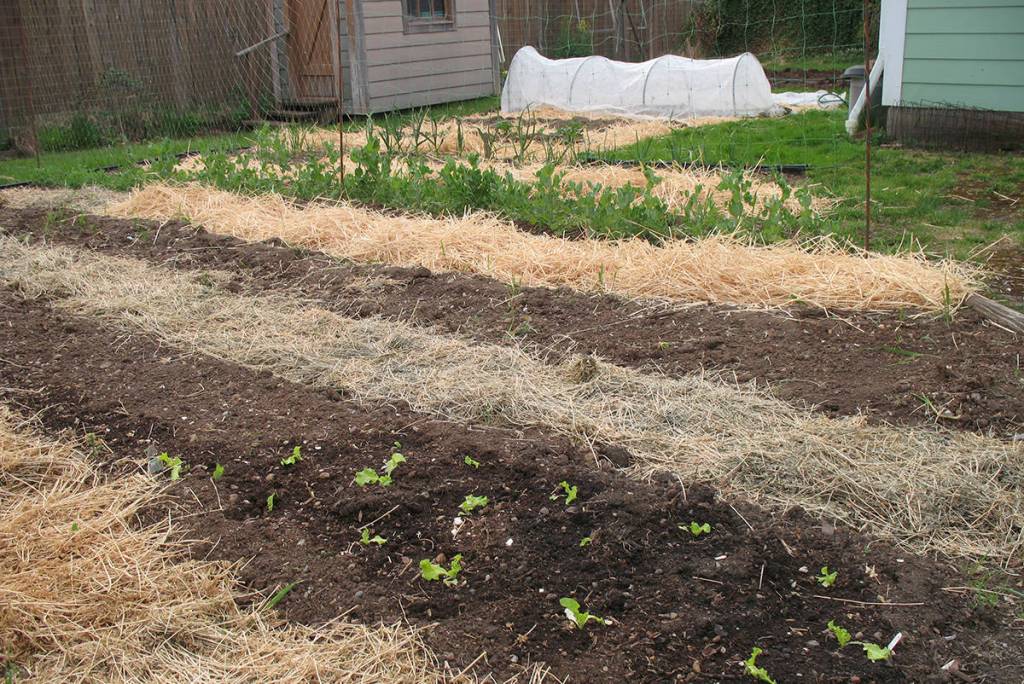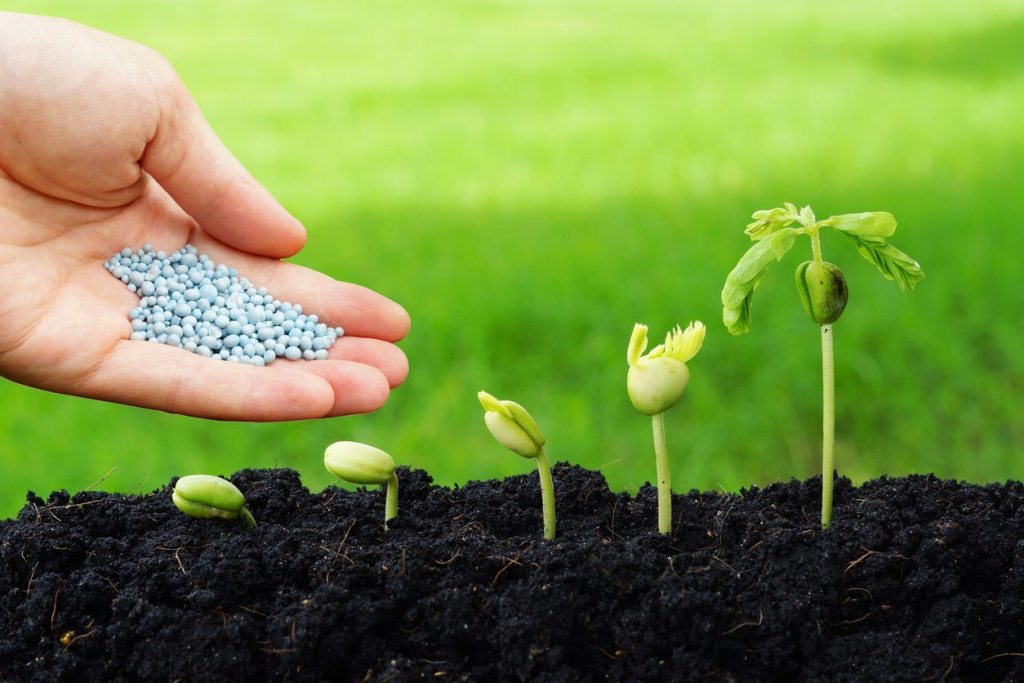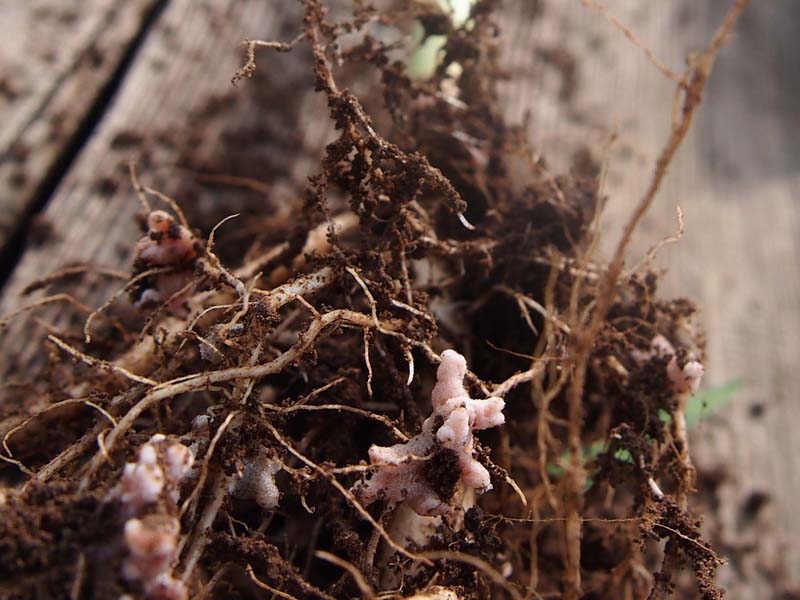Gardeners know that elements of nitrogen, phosphorus, and potassium or NPK are necessary for healthy plants. However, a lesser-known element can go a long way in your garden: silicon. Silicon is found everywhere and in the middle of the earth, but, as a rule, it lacks garden soil or is in an inert form that plants cannot use.
The main elements are nutrients, without which plants can not finish their life cycle. Nitrogen, phosphorus, and potassium are included. However, there are also non-essential elements that give certain plants certain benefits. The silicon that we will see in this article is one of them.
What is silicon?
Silicon is contained in mineral form in the form of silica in rocks such as ignimbrite. Ignimbrite, which means “cloud of burning stone dust” in Latin, is a volcanic grove that appears when ash erupts during a volcanic eruption. After silica is converted into soluble powder and mixed with water, silica is formed. This weak acid is a form of silicon that plants can absorb and use in their cells.
Silicon is the second most common element in the Earth’s crust and is found in significant amounts in the soil. However, silicon can be absorbed by the plant only in the form of mono silicic acid. Most leaf weeds (large leaf plants) consume a small amount of silicon and accumulate less than 0.5% in their tissues. Some monocots (eg, rice) and other wet grasses accumulate up to 5-10% silicon in the tissue, which is higher than normal in the case of nitrogen or potassium.
Silicon Functions
Silicon is useful for some plants under stress. Found to increase drought resistance, delay wilting of some plants when watering is not allowed, and increase the plant’s ability to bind the toxicity of trace elements and other metals (e.g., aluminum, copper, iron) to increase manganese, zinc, etc.)
Silicon also helps to increase the resistance of the cylinder. For example, studies have shown that there is a lack of silicon in rice and wheat. Its stems are weaker and can be easily damaged by wind or rain (a condition known as home). Silicone-treated poinsettias showed a reduction in tears in the body.
Silicon has been found to increase the resistance of certain plant species to the effects of a fungal pathogen. In the presence of mold and late photophores, the onset of the disease was delayed with zinnia, roses, sunflowers, cucumbers (powdery mildew), and gerberas (photophores) treated with silicone, but both plants were treated after 1-3 weeks of disease and they were not treated with silicone. The conditions for most of these benefits are uncertain, and more research is needed to confirm these benefits.
Do Plants Need Silicon?
Silicon is not a quantitative element, and without it, most plants grow well. However, some plants adversely affect silicon retention. For example, studies have shown that plants, such as rice and wheat, show signs of adaptation, weakened stems that can easily be destroyed by wind or rain if silicon stops. Also, tomatoes have an abnormal growth of flowers and cucumbers, and strawberries reduce the yield of fruits in combination with oversized fruits.
On the contrary, an excess of silicon in some plants can lead to flowering and, consequently, to deformation of the fruit.
Although studies show that some of the benefits of using silicon in crops such as rice and sugarcane, silicon, and gardening do not usually go hand in hand. In other words, the home gardener does not need to use silicon, especially until further studies are carried out.
Application of Silicon to the Garden
To use powdered silicon, mix 1/2 to 1 cup for 8 gallons of soil mix or sprinkle 1 cup on 4 garden beds and mix with the root zone.
You can also put on 1-2 tablespoons per plant every 1-2 weeks.
It is also good for reducing transplant shock. Sprinkle with 1 teaspoon to 1/4 cup at the bottom and sides of the root ball during transplant.
Always use a dust mask when using silicone powder as it can irritate the lungs and potentially cause health problems if you inhale the dust.
To use the liquid form of silicon, put 0.8 to 1.6 teaspoons per gallon of water in a hydroponic system. When using this product, you may need to adjust the pH and TDS.
Conclusion
As you can see, using silicon in any garden has many advantages. From the direct impact on health and growth in general, from the positive regulation of genetic information to the improvement of plant protection mechanisms, silicon is by far one of the most important and non-essential elements known to plants. The effective use of this excellent, almost essential element is critical to the success of a healthy garden. Our team of Dutch scientific experts has refined the Sila-Guard formula to provide the right amount of silicon so that plants can thrive.

